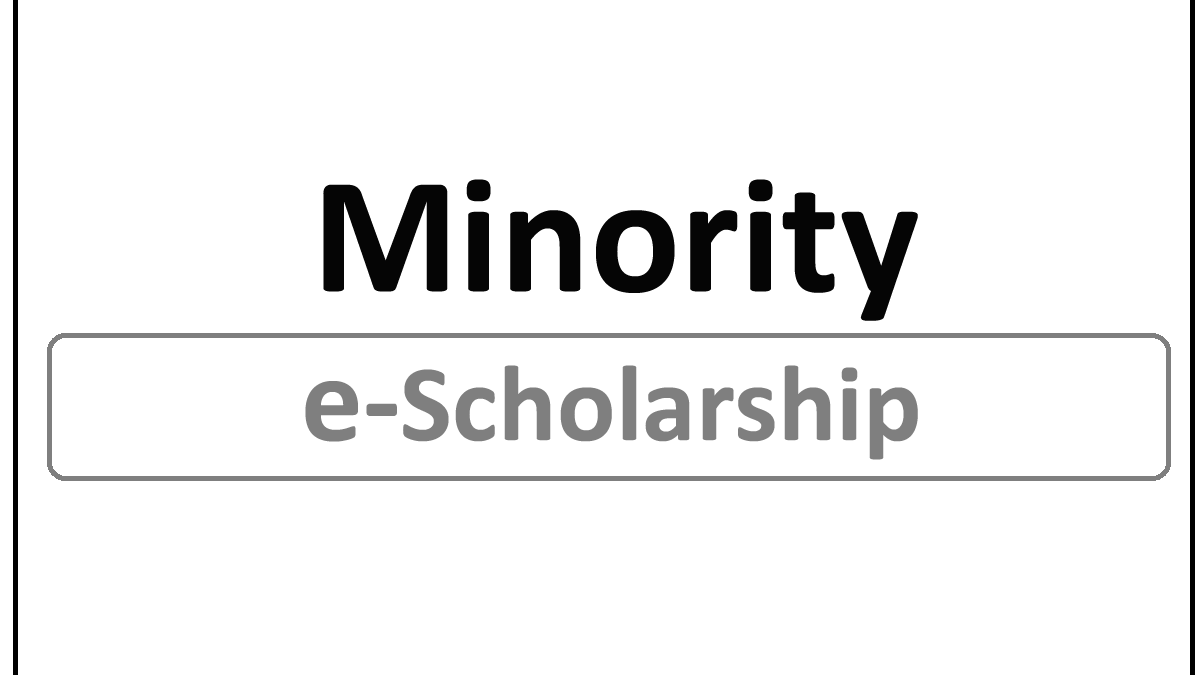Students from underrepresented ethnic minority communities in the UK face additional challenges accessing higher education due to financial constraints and systemic barriers. To promote diversity and equal opportunity, several top universities in the UK offer generous need-based and merit-based minority scholarships for domestic and international students belonging to ethnic minorities.
Some of the leading UK institutions that provide minority scholarships include:
University College London (UCL)
Ranked among the top 10 universities globally, UCL offers the Vice-Chancellor’s Diversity Scholarship targeted at UK/EU students from underrepresented Black, Asian, and minority ethnic backgrounds. The full-tuition scholarship is awarded based on academic merit and personal qualities like leadership potential.
Students must first secure an unconditional offer from UCL to be considered. Shortlisted candidates attend an assessment where they discuss their career goals and commitment to promoting diversity. Successful scholars commit 8-10 hours per week to outreach activities while at UCL.
King’s College London
King’s College London provides the King’s Entrance Award for UK Black, Asian, and minority ethnic applicants. Worth up to £3,000 per year for the normal duration of undergraduate study, the non-repayable award is available to both home and international students.
To qualify, students need to meet the standard entry requirements and have the potential to achieve academic excellence. The application process involves submitting a short personal statement outlining why they deserve the award and how their background will contribute to King’s diverse community.
University of Cambridge
Cambridge’s Commitment Scheme commits additional funding to increase the number of Black, Asian, and minority ethnic students across all subjects. Eligible students may receive outright grants and scholarships alongside means-tested support.
Some colleges like Hughes Hall and Corpus Christi also offer targeted awards. Qualifying involves strong academic profiles and potential as demonstrated in the college application alongside the Universities and Colleges Admissions Service (UCAS) form.
Other notable universities providing minority scholarships include Imperial College London, the London School of Economics (LSE), the University of Oxford, and the University of Edinburgh. In general, the application process involves:
- Research program and scholarship eligibility criteria such as nationality, background, residency status, academic requirements, etc.
- Preparing strong personal statements highlighting relevant experiences, ambitions, community involvement, and potential to succeed.
- Securing an early conditional or unconditional offer through competitive application cycles beginning September-January for the following academic year.
- Submitting complete scholarship applications consisting of academic records, references, and statements by deadlines between December and March.
- Attending selection assessments involving panel interviews, and submitting work demonstrations where required.
- Committing to scholarship obligations such as mentoring, and campus leadership if successfully selected before receiving awards.
- Maintaining excellent academic performances to renew annual awards as applicable.
Applying early, standing out from the pool of deserving candidates, and communicating passion, suitability, and potential impact are key. Seeking guidance from student support services and scholarship coordinators, networking, work experience, and extracurricular leadership roles can strengthen the profiles of minority applicants. Availing of university pre-entry programs where available boosts preparedness for competitive scholarships at top UK institutions.
With rising higher education costs, especially for international students, minority scholarships make prestigious degrees accessible for truly talented individuals facing economic hurdles. Top UK universities are rightly broadening participation through targeted financial aid and outreach. By proactively investigating all avenues of support available, motivated students from underrepresented communities can further their ambitions of studying at globally recognized institutions.
All the best!

